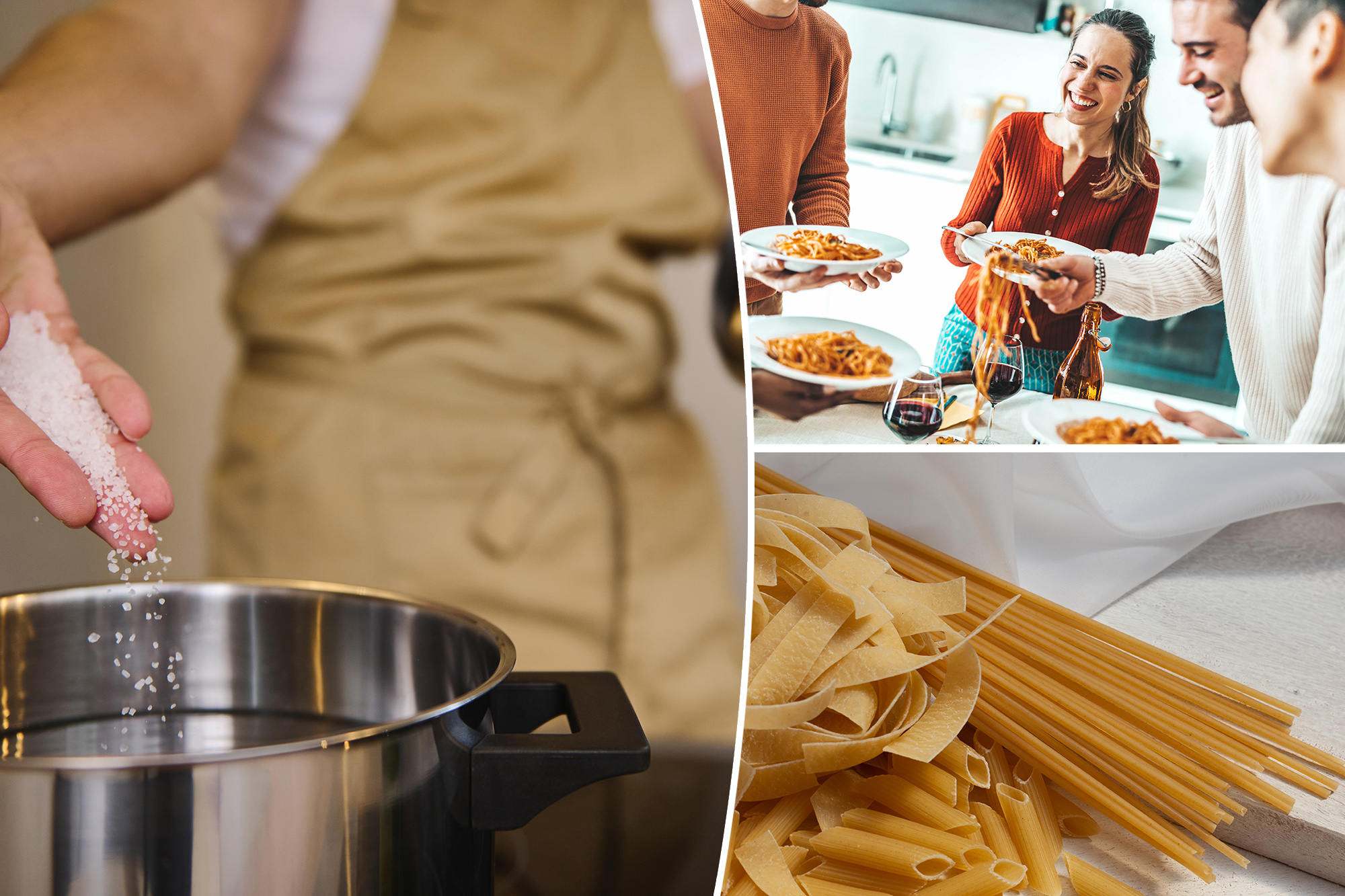Are Boomers Ruining Spaghetti or Do Gen Z Chefs Get It Right

Hello, fellow pasta enthusiast! If you’re anything like me, you probably hold a special place in your heart for a steaming plate of perfectly cooked spaghetti. There’s something undeniably comforting about twirling those long strands around your fork and savoring the delightful flavors of a well-prepared dish. But did you know there’s a bit of a generational debate happening over how to make the best spaghetti?
Recently, I stumbled upon an intriguing survey conducted by Barilla, the renowned pasta maker, which highlighted some fascinating differences in how various generations approach cooking spaghetti. As someone who loves diving deep into culinary trends and understanding what makes a dish truly shine, I couldn’t resist sharing these insights with you. So grab your apron, and let’s explore why Gen Z might just have the upper hand when it comes to this Italian classic.
Before we dive into the details, let me just say that cooking is a personal journey. We all have our preferences and little tweaks that make our dishes special. However, it’s always fun to learn from one another and maybe even pick up a few tips along the way. So whether you’re a boomer or Gen Z, let’s see what both sides are doing in their kitchens and how we can all improve our spaghetti game.
Key Takeaways
- Gen Z chefs are more likely to salt their pasta water correctly compared to boomers.
- Avoid adding olive oil to pasta water as it prevents sauce from sticking.
- Resist the urge to break spaghetti in half for better sauce retention.
The Importance of Salting Your Pasta Water
One of the most surprising findings from the Barilla survey was that only 33% of boomers knew the importance of salting their pasta water. In contrast, 56% of Gen Z cooks were well aware of this crucial step. Now, if you’re wondering why salting your pasta water matters so much, let me enlighten you. Salt isn’t just for seasoning; it plays a vital role in enhancing the overall flavor of your dish.
Chef Lorenzo Boni emphasizes that four teaspoons of table salt should be added to every gallon of boiling water. This may sound like a lot, but trust me, it’s worth it! The seasoned water infuses the pasta with flavor as it cooks, ensuring that each bite is anything but bland. Chef Silvia Colloca takes it even further by suggesting adding salt “by the handful,” making sure your pasta water tastes almost as salty as the sea.
If you’re worried about timing, don’t fret too much about when you add the salt. According to Colloca, whether it’s before or after boiling doesn’t significantly impact the outcome. Just make sure you give it a good stir if you decide to add salt to cold water. With this tip in mind, you’ll never have tasteless spaghetti again!

The Olive Oil Debate
Another hot topic among spaghetti enthusiasts is whether or not to add olive oil to the boiling water. Surprisingly, many young cooks are guilty of this mistake despite knowing better. About 65% of them still pour oil into their pots of water! Why is this such a big deal? Well, adding olive oil might seem like a good idea to prevent sticking, but it actually does more harm than good.
Chef Colloca points out that oil simply floats on top and doesn’t integrate with the water. When you drain your pasta, this layer of oil creates a barrier that prevents the sauce from properly clinging to the noodles. The solution? Boil your pasta in plenty of salted water and give it an occasional stir during cooking. This helps keep everything moving freely without any oily interference.

The Temptation to Break Spaghetti
One last point of contention between generations is whether or not to snap spaghetti in half before cooking it. While it might make fitting those long strands into smaller pots easier, breaking them disrupts their natural harmony with sauces. Barilla experts explain how longer strands help retain sauce better than broken ones do because they provide more surface area for absorption.
If you’ve ever struggled with getting enough sauce coverage on shorter pieces—or found yourself frustrated at how quickly they slip off your fork—you’ll understand why keeping things whole makes sense! Plus, using longer noodles allows us all to experience true Italian-style dining where each bite offers maximum flavor satisfaction thanks to its perfect balance between pasta texture (al dente!) and rich tomato-based goodness simmered slowly over low heat until everything melds together seamlessly into deliciousness beyond compare.

Final Thoughts
So there you have some insights into what sets Gen Z apart from boomers when it comes down to preparing perfect plates filled with fabulous flavors found only within traditional Italian cuisine classics like beloved bowls overflowing with lusciousness known affectionately worldwide simply as “spaghetti.” While our culinary preferences may differ across generations—and sometimes even within families—it’s important to remember these tips ensure everyone enjoys a meal worthy of celebration bringing loved ones together around the table sharing laughter and love.
Whether you’re new to exploring the world of food experimentation or a seasoned veteran always seeking ways to improve skills and knowledge alike, hopefully you’ve found helpful information here today to inspire your next adventure in the kitchen realm full of possibilities waiting discovery exploration excitement wonderment beyond wildest dreams imaginable possible achievable attainable reachable accessible adventurous endeavors enthusiastically embraced wholeheartedly.
